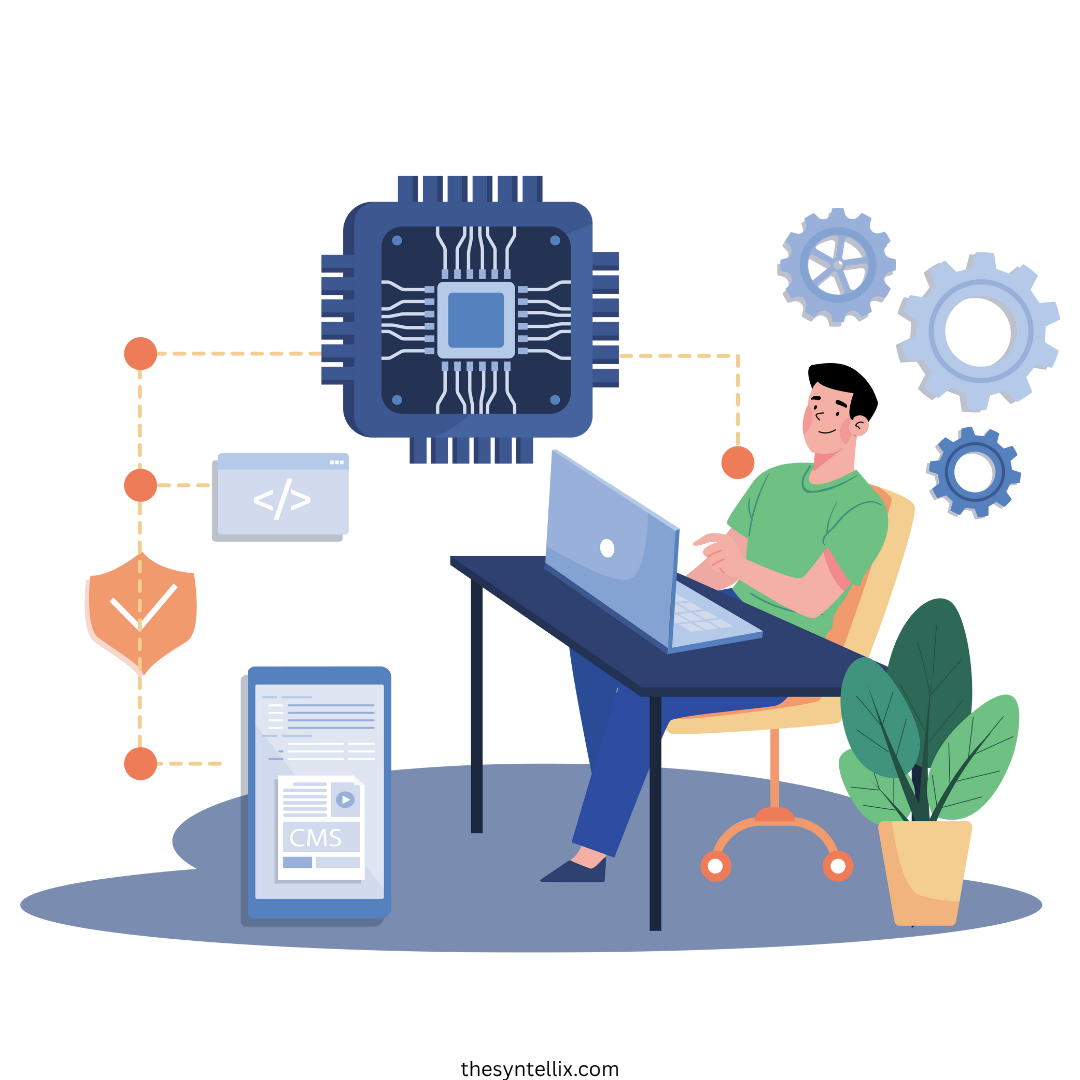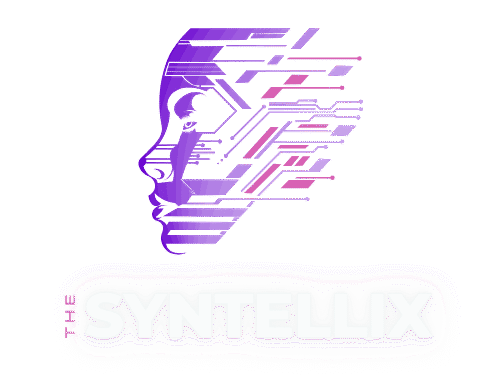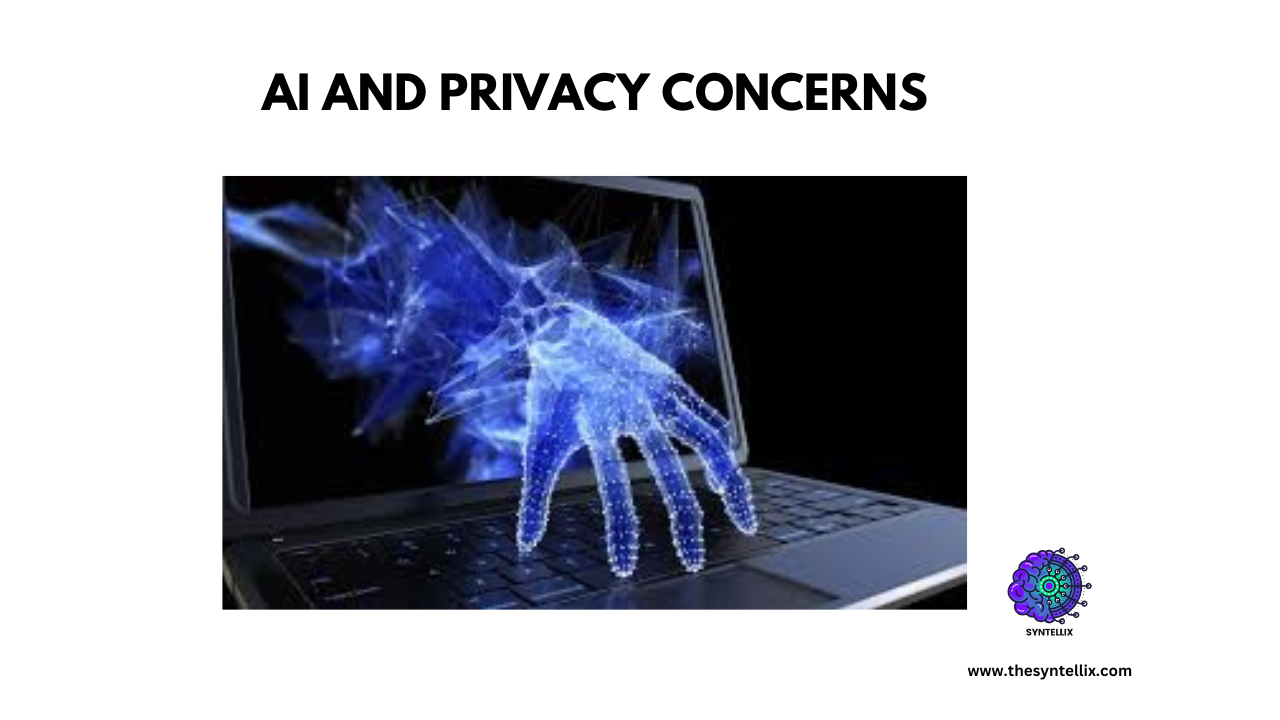You’re scrolling through your favorite online store and suddenly, an ad for the exact pair of shoes you were just thinking about pops up. Coincidence? I used to think so, but not anymore.
This is the subtle, powerful hand of AI at work, using our data to predict our needs and desires. But for me, the question has become: at what cost?
As AI has become more deeply integrated into our lives, the line between amazing convenience and worrying privacy invasion has blurred. Are we sacrificing too much of our personal data for the sake of innovation?
In this post, I want to take you on a journey through my own personal wake-up call, and what I’ve learned about the ever-growing concerns around AI and privacy.
I’ll share how AI collects and uses your data, and most importantly, what you can do to protect yourself in this data-driven world.
The Moment I Knew I Was Being Monitored
I’ll never forget the first time I felt it. It was a scorching day in 2019, around 46 degrees Celsius, and I was talking with my friends about the sweltering heat. We were just chatting, my phone sitting on the table beside me, unlocked but not in use.
A few minutes later, I picked it up and was stunned to see ads for cold drinks and air conditioners plastered across my social media feed. I hadn’t searched for either. It was a bizarre coincidence, but I brushed it off.
Then it happened again the very next day. I was talking to a friend about how I was craving a thin-crust pizza but the nearest shop was too far away. Almost instantly, my phone displayed an ad from a food delivery service, promising to bring thin-crust pizza to my exact location in less than 15 minutes. The shock was immediate and undeniable. How did my phone, and by extension, the social media apps on it, know what I was talking about?
That was the day the truth hit me: to live a smart life with these smart devices, we are constantly compromising our privacy. Our microphones, cameras, and GPS are continuously being monitored, and in those two moments, I felt the full force of that realization.
The Engine Under the Hood: How AI Knows So Much
After my little wake-up call, I couldn’t stop thinking about it. I had to understand how this was possible. It turns out, AI systems are like sponges for data; the more they have, the better they can perform. But where does all this data come from? And what are they doing with it?
I’ve come to learn that AI collects data from a wide variety of sources, often without us even realizing it:
-
Smart Devices: Your smartphone, smart speaker, fitness tracker, and even your smart TV are constantly collecting data. While devices like a smart speaker are designed to only “listen” for their wake word, they’re always on and ready, which raises concerns about accidental recordings and data storage.
-
Social Media Platforms: Every single interaction—every like, comment, share, and even how long you pause on a post—is tracked. AI algorithms analyze this massive flow of data to build a comprehensive profile of who you are and what you’re interested in.
-
Online Activity: Your search history, your online shopping habits, and even your streaming choices are all meticulously logged. When you watch a certain type of show on Netflix, the AI is taking notes and using that information to recommend what you might watch next.
The data AI collects can be broadly categorized into three types:
-
Personal Information: The basics like your name, email, and phone number that you provide when you sign up for an app.
-
Behavioral Data: The story of your online life. This is your browsing history, your shopping habits, and even how quickly you swipe past certain content.
-
Biometric Data: This is the most personal data of all. It includes your voice for voice assistants, your face for facial recognition, and your fingerprints for security.
Beyond the Ads: The Real-World Privacy Scandals
My personal experience with targeted ads was just the tip of the iceberg. As I dug deeper, I found that AI and privacy were clashing in much bigger, and far more concerning, ways. I started following the stories of major data scandals, and what I found was truly eye-opening.
The Cambridge Analytica scandal in 2018 showed me how powerful and dangerous data harvesting could be. A consulting firm harvested the data of millions of Facebook users without their consent and used it to create targeted political ads. It wasn’t just about selling products; it was about manipulating public opinion. This case taught me that companies must be transparent about how user data is collected and used, and that without strong regulations, our private information is vulnerable to a dark underbelly.
Then there’s the chilling story of Clearview AI. I was shocked to learn that this company had scraped over three billion photos from social media to create a massive facial recognition database used by law enforcement. It showed me that even data we think is “public” can be used for purposes we never consented to, enabling a kind of mass surveillance that feels straight out of a dystopian novel.
And finally, I discovered a case that made me question the fairness of AI itself: Amazon’s biased hiring algorithm. The company had to scrap a recruiting tool after they found it was biased against women. The AI was trained on a decade of hiring data from a male-dominated tech industry and had essentially taught itself to penalize resumes that included words like “women’s.” This showed me that AI isn’t just a threat to privacy; it’s a mirror that can reflect and amplify our own societal biases.
To learn more about Bias read my handbook: The AI Bias Handbook
These stories made me realize the stakes were much higher than just getting the right ads for pizza.
Taking Back Control: What I Learned and What I Do Now
After all my research and personal revelations, I realized I couldn’t just sit back and hope for the best. While the responsibility for ethical AI lies with developers and policymakers, there are steps I can take to protect my own privacy. These are the practices I’ve adopted:
-
Become Informed: The first step is to simply know what you’re consenting to. I now make an effort to skim privacy policies and stay updated on news about data breaches.
-
Use Privacy Tools: I’ve started using a VPN (Virtual Private Network) to encrypt my internet connection and block trackers. I also use apps and browsers that are known for prioritizing privacy.
-
Adjust My Settings: I regularly review the privacy settings on my social media accounts and my smartphone. I turn off microphone and location permissions for apps that don’t absolutely need them.
-
Advocate for Change: I’ve learned about laws like GDPR (General Data Protection Regulation), which gives people more control over their data. This is so important because it establishes rights like the “Right to Be Forgotten,” which allows you to demand that your data be deleted. I believe it’s our responsibility to support and advocate for stronger regulations like this in our own countries.
The Future of AI and Privacy
AI is here to stay, and its potential to improve our lives is immense. But as we embrace this technology, we must also confront the privacy risks it poses. The question isn’t just about convenience it’s about how much of our personal freedom and data we are willing to give up.
For me, it’s not a lost cause. I believe that by staying informed, using the tools available to us, and advocating for ethical AI, we can build a future where we get to enjoy the benefits of technology without compromising our personal data.
What about you? Have you had a similar wake-up call? What steps have you taken to protect your data? Share your thoughts in the comments below, I’d love to hear from you.
People also ask
How does AI affect privacy?
AI can both enhance and threaten privacy. It affects privacy by collecting, processing, and analyzing vast amounts of personal data—often in ways that are not fully transparent. AI systems can infer sensitive information, track behavior, and even make decisions that impact individuals without their knowledge. Without proper regulation or data handling practices, AI may lead to surveillance, data misuse, and identity exposure.
What does privacy mean in AI?
In the context of AI, privacy refers to the protection of individuals’ personal data during the training, deployment, and operation of AI systems. This includes how data is collected, stored, shared, and used. AI systems must be designed to follow privacy principles such as data minimization, transparency, user consent, and anonymization to ensure ethical and legal compliance.
Can AI access private data?
AI does not access private data by itself—but if it’s trained on or connected to private or sensitive datasets, it can learn patterns or even inadvertently reveal information. Access depends on how the AI system is designed and what data it’s given. Secure architecture, access controls, and privacy-preserving techniques (like differential privacy or federated learning) are used to prevent unauthorized data exposure.
How is AI used in private security?
AI is increasingly used in private security for:
-
Surveillance analysis (identifying threats in CCTV footage)
-
Facial recognition
-
Intrusion detection
-
Access control systems
-
Cybersecurity threat detection
It helps automate monitoring and improves response times, but also raises concerns about over-surveillance and civil liberties if not regulated properly.

Stay ahead of the curve with the latest insights, tips, and trends in AI, technology, and innovation.

